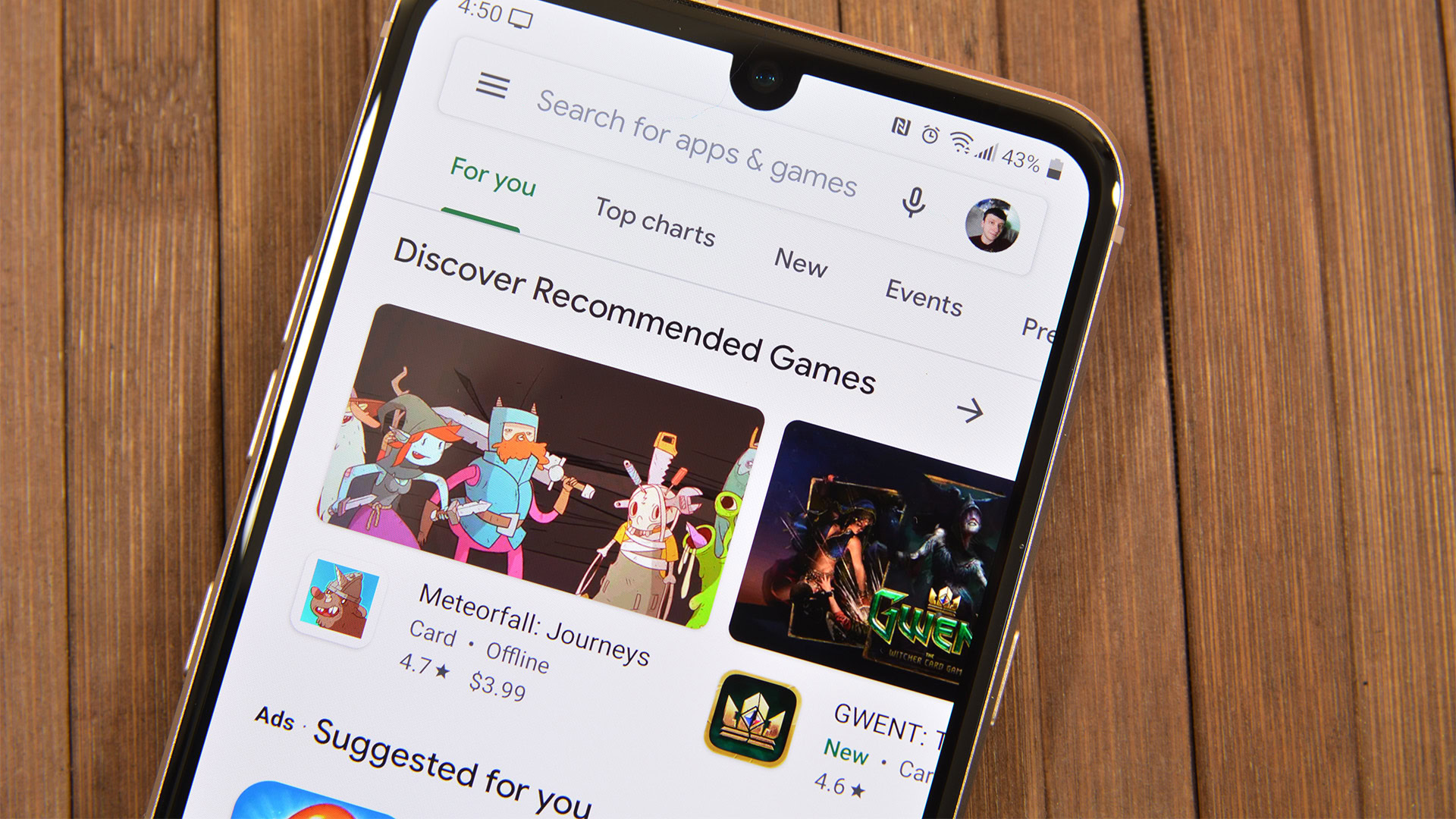Affiliate links on Android Authority may earn us a commission. Learn more.
Google will answer Apple by making it harder to track Android users across apps

- Google revealed that it will make some significant changes to Android ad tracking policies when it comes to Play Store apps.
- If users opt-out of ad tracking, Android will deliver non-sensical strings of zeroes to advertisers, giving them little use.
- The new policy will start this year with Android 12 devices but will roll out to all Android devices with access to the Play Store in early 2022.
In 2020, Apple made a huge announcement: it would give users the option to opt out of all ad tracking on their iPhones. Users could make their iPhones much more private with a simple tap.
That announcement caused a firestorm for advertisers and companies that make billions off ads, such as Facebook. It also left Google in a tight spot, as it simultaneously owns Android — Apple’s main mobile competitor — and makes most of its money from ads. Now, we know what Google plans to do as far as Android ad tracking is concerned.
Related: Is selling your privacy for a cheaper phone really a good idea?
As first reported by Financial Times, Google plans to make it more difficult for advertisers to follow Android users. If an advertiser tries to track someone who’s opted out of tracking, they’ll see a meaningless string of zeroes. Financial Times found out this info from developers, whom Google had notified of the upcoming changes. Later, Google confirmed the information to Engadget.
To be clear, you can already change your unique ad ID and opt-out of ad personalization (just go to Settings > Google > Ads on your phone). However, advertisers have figured out ways around these restrictions. These new alterations to Android ad tracking policies should prevent workarounds.
Obviously, this is not as simple and direct as Apple’s one-tap nuclear solution. However, it’s another move in the right direction.
These new changes will start with Android 12 devices this year. In early 2022, all Android devices with access to the Google Play Store will gain the capability.